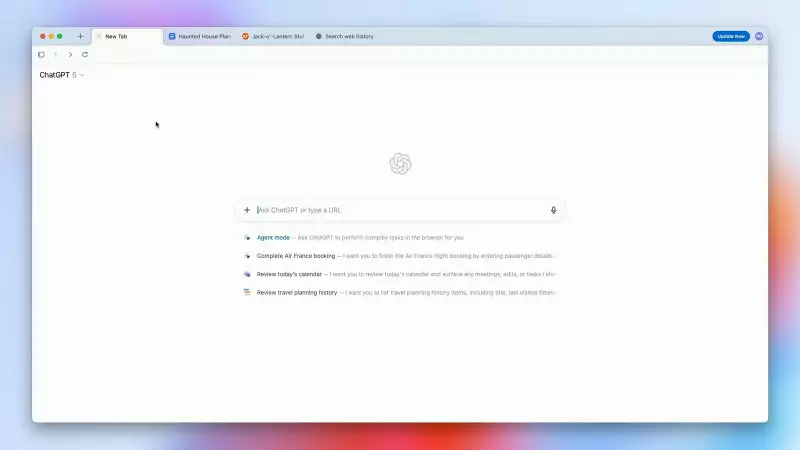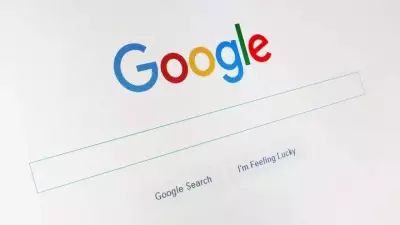
In a bold move that could redefine the digital landscape, OpenAI has officially unveiled Atlas, a groundbreaking browser powered by its revolutionary ChatGPT technology. This strategic launch positions OpenAI directly against established giants like Google Chrome and emerging AI-first platforms like Perplexity's Comet.
The New Contender in Browser Wars
Atlas represents more than just another browser—it's a complete reimagining of how users interact with the web. By integrating ChatGPT's advanced conversational capabilities directly into the browsing experience, Atlas promises to deliver:
- Intelligent Search: Get direct, comprehensive answers instead of traditional search results
- Conversational Browsing: Interact with web content through natural language conversations
- Contextual Understanding: The AI understands your queries in depth, providing more relevant information
- Seamless Integration: ChatGPT functionality built directly into your daily browsing workflow
Why This Changes Everything
Traditional browsers have remained largely unchanged for decades, focusing primarily on displaying web pages. Atlas disrupts this paradigm by making artificial intelligence the core of the browsing experience. Instead of manually sifting through search results, users can now engage in meaningful dialogues with the browser itself.
This isn't just an incremental improvement—it's a fundamental shift in how we access and process information online, potentially making conventional search engines feel outdated overnight.
The Competitive Landscape
OpenAI's entry into the browser market creates a fascinating three-way competition:
- Google Chrome: The established market leader with massive user base
- Perplexity's Comet: Another AI-native browser gaining traction
- OpenAI's Atlas: The newest challenger with ChatGPT's proven capabilities
Each platform brings unique strengths to the table, but Atlas benefits from OpenAI's extensive experience in large language models and widespread ChatGPT adoption.
What This Means for Indian Users
For the rapidly growing digital population in India, Atlas could be particularly transformative. The browser's ability to understand complex queries and provide clear, contextual answers in natural language makes it exceptionally well-suited for users who prefer conversational interfaces over traditional search methods.
The timing couldn't be better, as India continues to embrace AI technologies across education, business, and daily life. Atlas has the potential to democratize access to sophisticated AI tools for millions of new internet users.
As the browser wars heat up, one thing is clear: the future of web browsing is conversational, intelligent, and powered by artificial intelligence. OpenAI's Atlas isn't just joining the race—it's setting a new direction for where browsing technology is headed next.





